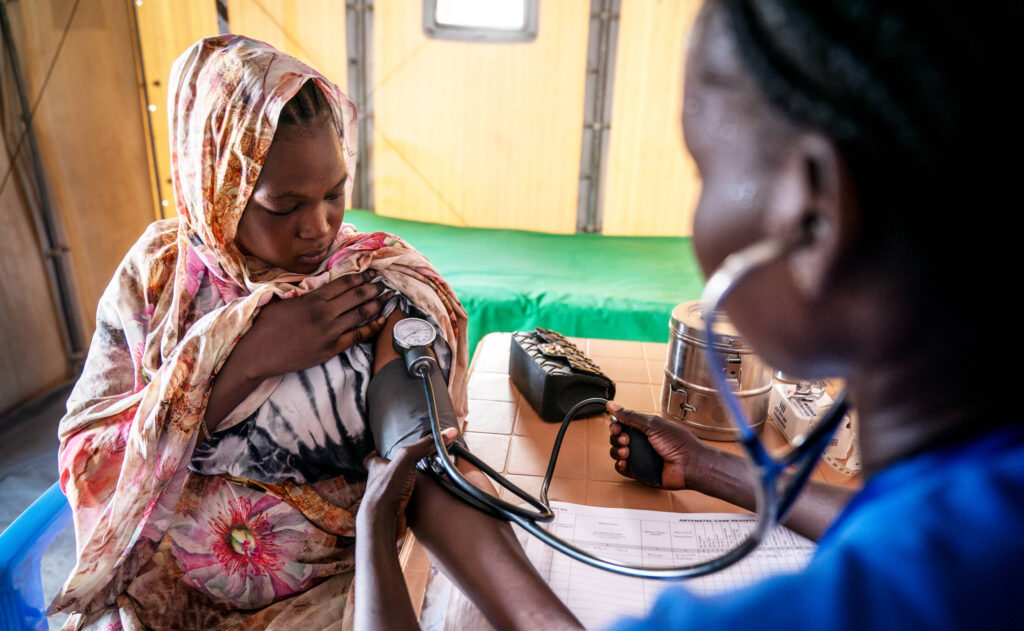It’s flu season again—or is it? Actually, it depends on where you are. In the Northern Hemisphere, flu season is October to May, while in the Southern Hemisphere, it’s June to October.
No matter where you catch it, the flu is caused by a virus—unlike some other respiratory infections, such as pneumonia, which can be caused by bacteria. There are many different flu viruses, and they change (or mutate) from year to year, which is why an updated flu shot is offered each year. Although people can come down with the flu year-round, “flu season” typically peaks between December and February.
How do you know you have the flu and not just a cold?
Unlike a cold, flu symptoms usually develop quickly—often within a few hours—and symptoms are typically more severe. Flu typically affects the nose, throat and lungs. Symptoms can include:
-
- cough
- fatigue
- fever or feeling feverish/chills
- headaches
- muscle or body aches
- runny or stuffy nose
- sore throat
- vomiting and diarrhoea
Symptoms can be similar to those of other respiratory illnesses, such as respiratory syncytial virus (RSV) and COVID-19, so taking an at-home rapid test or getting a test at a healthcare facility may be the best way to help you decide how to take care of yourself and your loved ones when someone gets sick.
Is the flu contagious?
Flu viruses are thought to spread mainly by droplets made when infected people cough, sneeze or talk.
The flu pandemic of 1918, which happened before flu shots were invented, is estimated to have killed between 20 and 15 million people. Children under 5, elderly people and people with compromised immune systems are especially vulnerable to severe complications from the flu.
“The good news is there are some simple things you can do to reduce your chances of getting sick and to avoid spreading the flu to others if you do get sick,” says Dr. John Roberts, Senior Advisor for International Medical Corps’ Emergency Response Unit. “A flu shot is the best place to start. It doesn’t guarantee that you won’t get sick, but if you do get the flu, your symptoms will probably be milder and you’ll probably get well faster.”
Protect yourself from getting sick:
- Make sure you’re up-to-date on your flu vaccine—especially if you’re at higher risk for complications.
- Avoid close contact with people who are sick.
- Wash your hands frequently with soap and water.
- Avoid touching your eyes, nose or mouth.
- Wear a mask to help protect yourself from breathing in infectious particles from sick people around you.
Protect others and help stop the spread:
- Stay home when you’re sick.
- Cover your mouth and nose when coughing or sneezing.
- Wash your hands frequently with soap and water.
- Wear a mask to help reduce the spread of the virus to other people.
Finally, it’s always important to get plenty of sleep, be physically active, manage your stress, avoid alcohol and tobacco, and eat nutritious food. These basic things can help your immune system stay strong so it can fight off disease.
Finding time to take care of yourself can sometimes feel easier said than done. But International Medical Corps has always understood that there is strength in self-reliance. This is why we’ve provided access to lifesaving healthcare in vulnerable communities around the world for more than 40 years. When people have what they need to take care of their own health, they’re better able to face life’s challenges, to take care of their families and to support their communities. Find out more about our work around the world.
